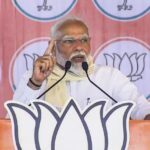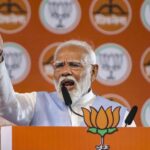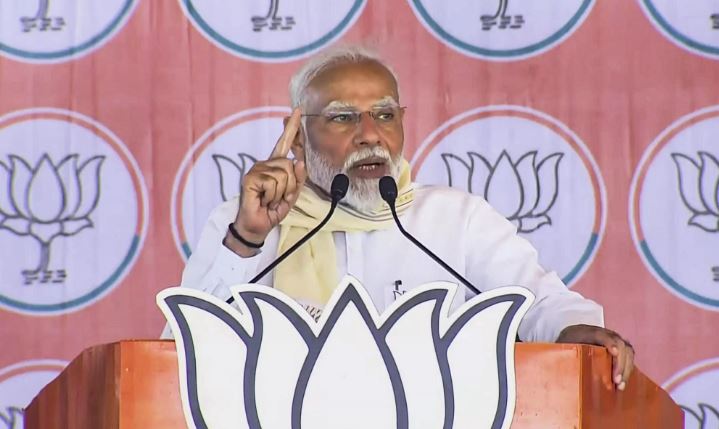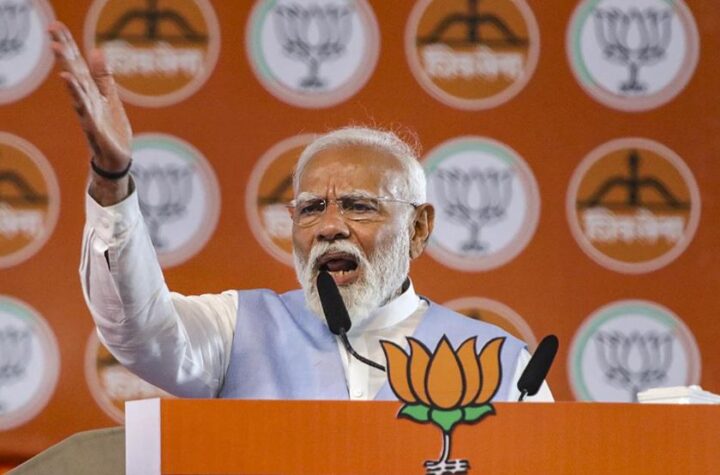Over the past few years, the world economy has faced several shocks — from the Covid-19 pandemic to the Russian invasion of Ukraine and the Israel-Hamas conflict in West Asia. These shocks have caused severe disruptions in economic activities and contributed to a surge in inflation. However, with the fallout from these shocks receding, the global macroeconomic scenario has improved. After contracting by 3.1 per cent in 2020, the world economy grew by 6 per cent in 2021 and 3.5 per cent in 2022. The International Monetary Fund expects growth at 3 per cent this year. And world consumer prices, which rose from 4.7 per cent in 2021 to 8.7 per cent in 2022, have fallen in large parts since.The Indian economy is also faring better. It grew at 7.6 per cent in the second quarter, faster than most had expected. Forecasts by the RBI indicate that the growth momentum is likely to sustain over the next financial year. According to Axis Bank research, India’s output gap as against its pre-pandemic trend is likely to have narrowed to 7 per cent till December 2023. Alongside, retail inflation, which had touched 7.44 per cent in July on the back of higher food prices, has fallen, touching 5.55 per cent in November. As per the central bank forecasts, inflation is expected to average about 4.35 per cent in the second and third quarters of the next financial year. The momentum in public sector capex has sustained and in some sectors the PLI scheme is showing healthy results. Investors expect political and policy continuity going into the general elections next year and seem increasingly optimistic about the economic prospects. After net outflows in September and October, foreign portfolio investors invested around $7.8 billion in November and December, bringing full year investments to almost $20 billion. Foreign direct investments, which had been falling since last year, have picked up over the past few months. However, pain points remain. For one, job creation remains a challenge. A sizable section of the new entrants to the labour force is not employed in the more productive sectors of the economy. Rural demand remains subdued. And despite healthy corporate and bank balance sheets, there is little indication of a broad-based pickup in the private investment cycle. In February, the Union budget will be tabled in Parliament. After that, the monetary policy committee of the RBI will hold its first meeting of the calendar year. Considering the recent dovish tilt by the US Federal Reserve, and with some MPC members suggesting that a less restrictive policy is called for, it is possible for the MPC to provide guidance on the trajectory of interest rates through the year. The general elections will follow, a new government will be sworn in, and it will present a full budget, detailing its expenditure priorities. These will have a bearing on the country’s near-term growth prospects.
Exclusive
Breaking News










More Stories
Low vision clinic inaugurated at AIIMS Bhubaneswar
Urban education programme comes in handy for Odisha’s tribal, dalit kids
Now country ‘aatank’ struggling for ‘aata’: PM